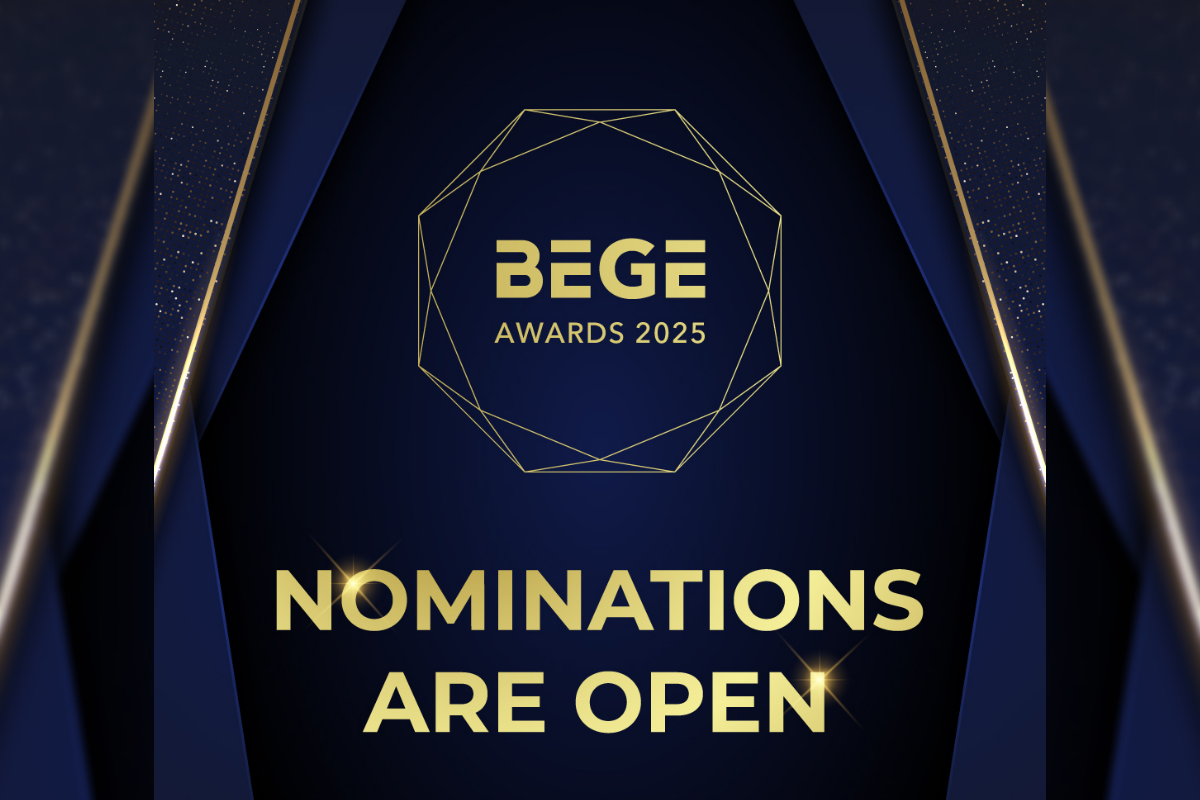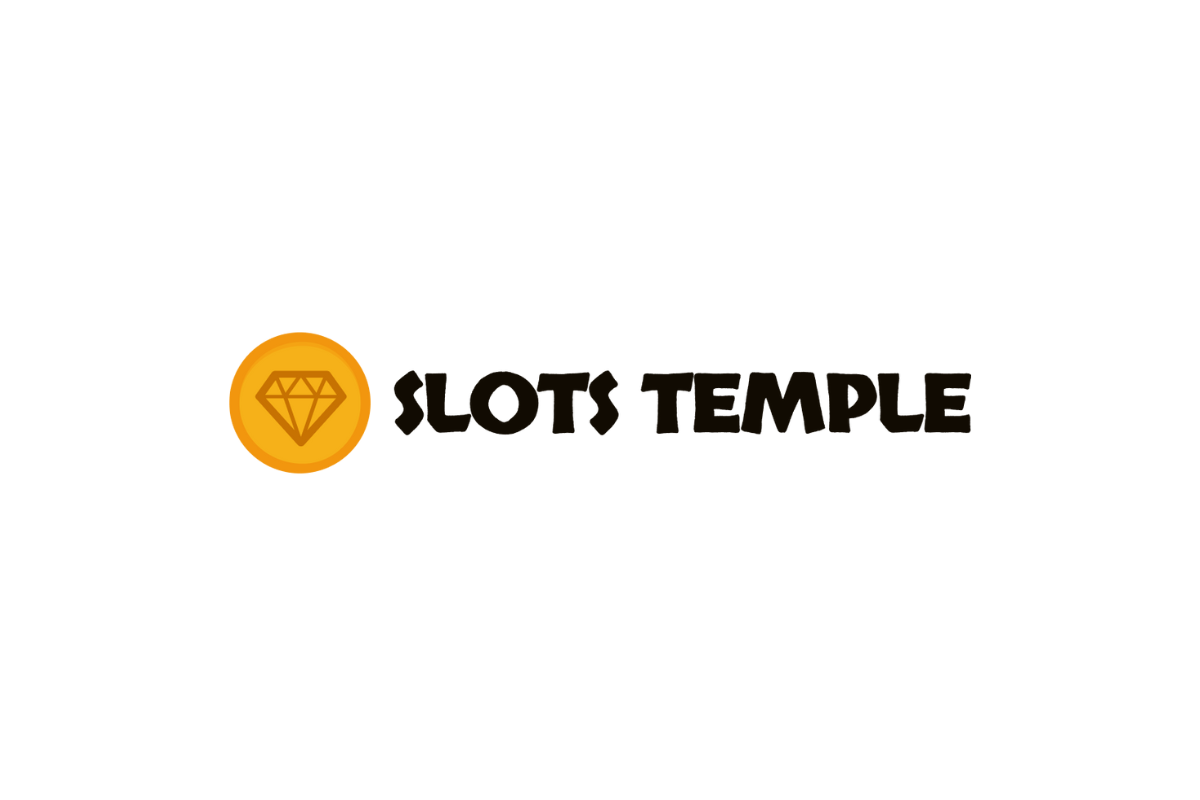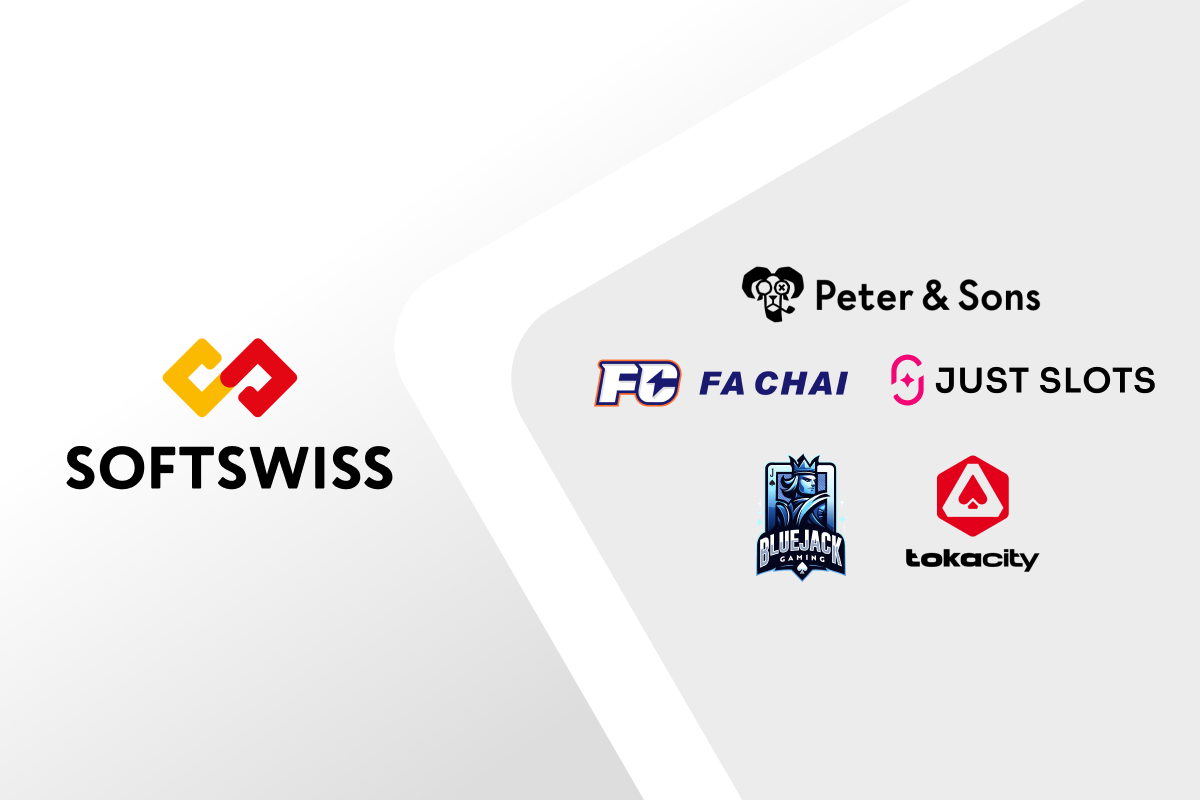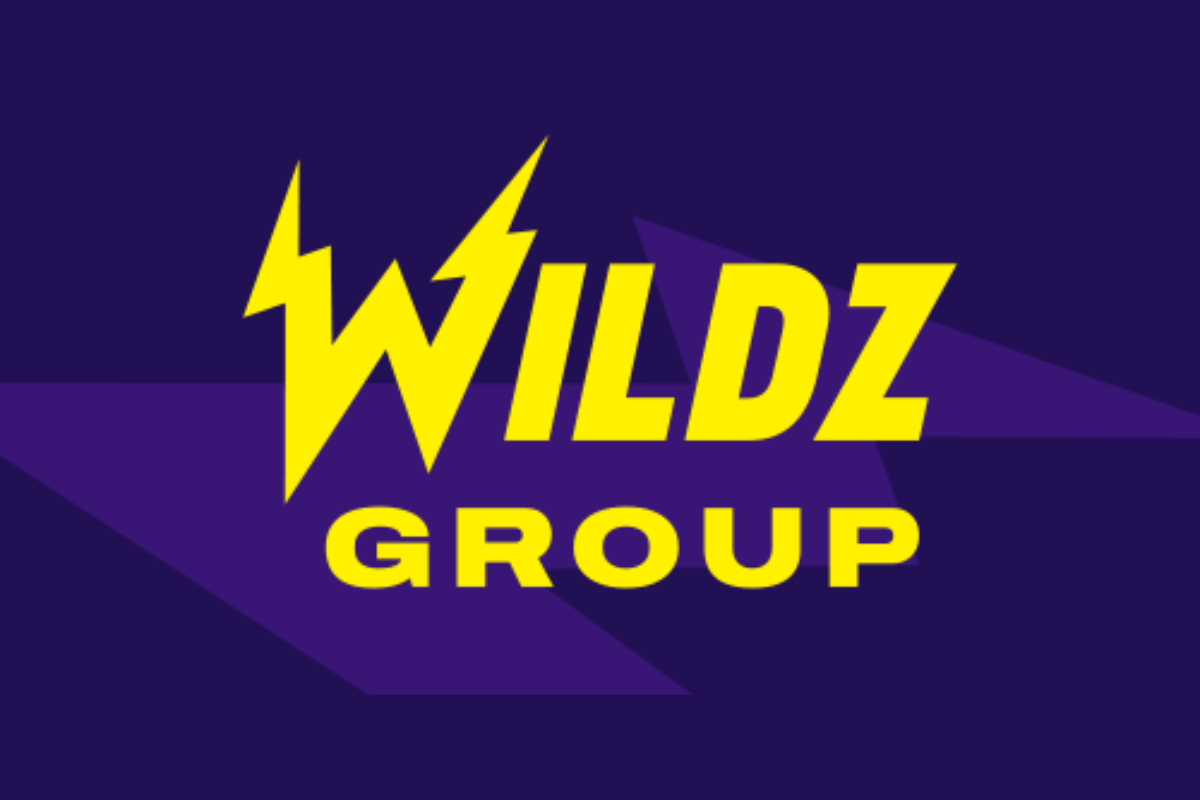Latest News
Italy’s Gambling Ad Ban Moves To EU Court Of Justice

Italy has implemented a strict gambling ban, which was introduced in 2018 under the Dignity Decree. But this ban has recently been scrutinized, and the European Union Court of Justice (ECJ) is set to determine whether the decree is compatible with EU law.
The case was initiated by online gambling operator LeoVegas. It challenges the overarching prohibition on gambling-related advertisements and sponsorships in Italy, which has been in force since 2019. The decision of the ECJ is likely to not only impact the Italian market, but also broader European regulations.
The Dignity Decree has severely restricted casino operators from promoting their services. Critics say that the law disproportionately impacts international operators while Italy’s state-run gambling bodies remain highly visible. The situation could be advantageous to reputable foreign sites like CasinoBeats online casinos where players can enjoy a wide variety of games, along with several exciting freebies.
The 2018 Dignity Decree
The Dignity Decree was passed in 2018 and enforced in 2019. It banned all forms of gambling advertising on TV, radio, and online, as well as sports sponsorships, to reduce exposure to betting products. However, the result of the decree was that players turned their attention to unlicensed platforms.
The restrictions apply to all gambling marketing efforts, no matter the operator’s country of origin. This has ignited concerns about conflicts with other EU regulations, especially those related to the free movement of services. The unintended influences of the decree have been significant as it impacts media companies, sports teams, and digital marketing businesses that used to rely on gambling sponsorships.
LeoVegas’ Legal Battle
LeoVegas’ legal hurdles started when AGCOM, Italy’s communications authority, fined the operator €50,000 over advertisements of a subsidiary, Winga.it. The ads aired on Sky 237 in 2019 and were considered a violation of the Dignity Decree’s advertising ban.
LeoVegas argued in defense that:
- The ads were created before the ban came into effect.
- The promotional activities are part of the “information society services: category which should be exempt under EU law.
LeoVegas’ appeal to the Regional Administrative Court (TAR) was dismissed, so the operator escalated the case to the Council of State. The administrative court has referred the matter to the ECJ, recognizing that there is a need to determine whether Italy’s restrictions align with EU law for fair competition and market access.
The Issues Before The ECJ
The ECJ is set to evaluate whether Italy’s gambling ban violates EU law. The main questions before the court include:
- Does the Dignity Decree unfairly discriminate against foreign casino operators?
- Is the advertising ban proportionate to its stated goal of protecting consumers and public health?
- Does the ban restrict the free movement of services in the EU?
The main argument against the ban is that Italy’s state-controlled gambling bodies, like the national lottery, still enjoy some advertising presence, whereas private companies are restricted.
The Ban’s Impact On The European Gambling Industry
The ECJ’s final ruling is likely going to have impacts beyond Italy. Several other European nations have been considering strict advertising controls, and the court’s decision will impact how these policies look.
A ruling against Italy’s ban could force regulatory amendments to the decree to align with EU law. It will also serve to provide clarity on advertising restrictions to other member states. Lastly, it will set a precedent for private gambling operators to challenge restrictive marketing laws in other countries.
If the ECJ upholds the ban, the legal foundation will be strengthened, and other EU states will be able to implement similar prohibitions under public health justifications.
Italy’s lawmakers are considering the Dignity Decree while the ECJ is reviewing the case. The Italian Senate has been engaging with stakeholders, including the media, sports, and gambling industries, to assess whether any adjustments are required.
There are also ongoing meetings between the Ministry of Economy and Finance and sports industry representatives, which suggests that amendments may be occurring.
Possible Outcomes
If the ECJ rules against the Dignity Decree, the Italian government will be forced to revise the law, which may allow controlled advertising with responsible gambling messaging. This will benefit licensed operators and provide them with the opportunity to promote their offerings under the umbrella of a regulated framework while ensuring player protection.
Should the ECJ side with Italy’s ban, other European nations are set to follow suit. Gambling operators will have to reconsider their marketing strategies and explore other methods like direct partnerships or customer loyalty programs.
In Conclusion
Casino industry leaders and regulatory bodies across the EU are watching the case since the ruling will impact gambling advertising across the continent. Some are in favor of a balanced approach that protects consumers while allowing licensed operators to maintain a competitive presence in the market. No matter the outcome, the ruling will set a precedent for European regulations, impacting policymakers, regulators, and operators in member states.
-

 Asia7 days ago
Asia7 days agoDigital gaming disruption tackled in 1st AsPac Regulators’ Forum
-

 Africa7 days ago
Africa7 days agoBetKing Renews Ikorodu City FC Partnership for 2025/26 NPFL Season
-

 Compliance Updates7 days ago
Compliance Updates7 days agoKongebonus statement: Norway’s election result signals gambling policy continuity, but licensing debate is set to intensify
-

 Balkans7 days ago
Balkans7 days agoBEGE Awards Nominations Now Open – Celebrating 16 Years of Industry Excellence!
-

 Latest News7 days ago
Latest News7 days agoWin a Fruity Fortune in BGaming’s Bonanza Trillion
-

 Latest News7 days ago
Latest News7 days agoAnswer the Call of the Wild: ELA Games Unveils Its Latest Game “Buffalo Force”
-

 Latest News7 days ago
Latest News7 days agoSaddle up for big wins under the Bison Moon with the latest slot from Northern Lights Gaming
-

 Latest News7 days ago
Latest News7 days agoSlots Temple Announces Exclusive Free-to-Play Tournament Partnership with Pragmatic Play























